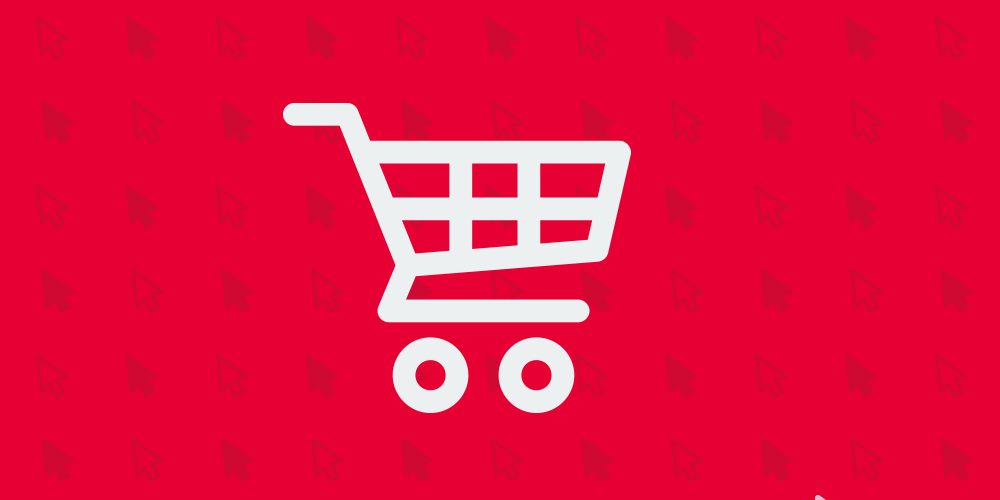Shopping Online? Help Keep Your Identity and Financial Information Safe


Highlights:
- Be wary of fraudulent shopping sites and unfamiliar emails or text messages
- Don't share unnecessary personal data online
- Consider a virtual private network (VPN) if you are using public WiFi
It's possible to buy nearly anything online and have it shipped to your door (sometimes for free!), all without dealing with traffic, parking and crowded shopping malls. Millions of Americans enjoy the convenience of online shopping.
But while you’re browsing, help keep your identity and financial information safe with these online shopping suggestions.
- Look for the “https://” in the url designating a secure website. Web addresses with https:// and the lock icon indicate extra measures were taken to help secure your information and the site is security enabled for safer online shopping.
- Before clicking on email links, double-check where the link is going (you can hover over it). The message could be a phishing scheme to trick you into clicking a link or attachment that will provide scammers access to your personal information. Phishing messages can also download malware onto your computer to snare your personal or financial information. Also, carefully review the email address of the sender to determine if you have an account with the business or know the individual sending the email before opening a link or attachment. If the link or attachment comes in the form of a text message, check whether you know the sender and verify with them it's legitimate before clicking on it.
- If you’re searching for that certain something and find yourself on an unfamiliar website, it’s worth checking the retailer’s online reviews before purchasing. You can also check to see if the company is accredited by the Better Business Bureau. Watch out for sites that look poorly designed or have broken links. And if a site asks for your Social Security number, consider that a red flag for fraud or online shopping scams.
Online Shopping Safety - Avoid Oversharing
- Don’t share unnecessary personal data, either. Some online retailers may ask for your birthday to be able to better tailor their services to you, or perhaps to provide you birthday offers. However, if hackers gain access to this data, they’ll have personal information about you that could potentially be used to impersonate you online.
- Credit cards are generally the safest online payment option. You're protected by the Fair Credit Billing Act, which limits your liability to $50 in case of fraud if a card loss or theft is reported to card issuer. Credit cards also aren’t linked to your bank account like debit cards may be -- if a fraudster obtains your debit card information, he or she may be able to access your accounts.
- While you’re making your purchase, don’t save your payment information on the website. If the site is compromised by fraudsters, they could get access to this information.
- Make sure your devices have updated antivirus software installed before you enter your credit card number and shipping address. This reduces the risk of infection from malware or viruses.
- If you’re using a private WiFi network, make sure that it’s only accessible using a strong password. If you have to use a public network, you may want to access the web using a virtual private network (VPN) connection, which sends data securely through the Internet. There are free VPN services available. For safer online shopping, you may also want to avoid activities like banking or online purchases on public WiFi.
Lastly, it's always a good idea to keep an eye on your credit and banking account statements for possible fraudulent activity. If anything looks suspicious, you can contact the lender or creditor, and also contact your financial institutions. Regularly checking your credit reports can help spot any activity you don’t recognize, which may be a sign of potential identity theft. You are entitled to a free copy of your credit report every 12 months from each of the three nationwide credit bureaus by visiting www.annualcreditreport.com. You can also create a myEquifax account to get free Equifax credit reports.
Get your free credit score today!
We get it, credit scores are important. A monthly free credit score & Equifax credit report are available with Equifax Core CreditTM. No credit card required.



